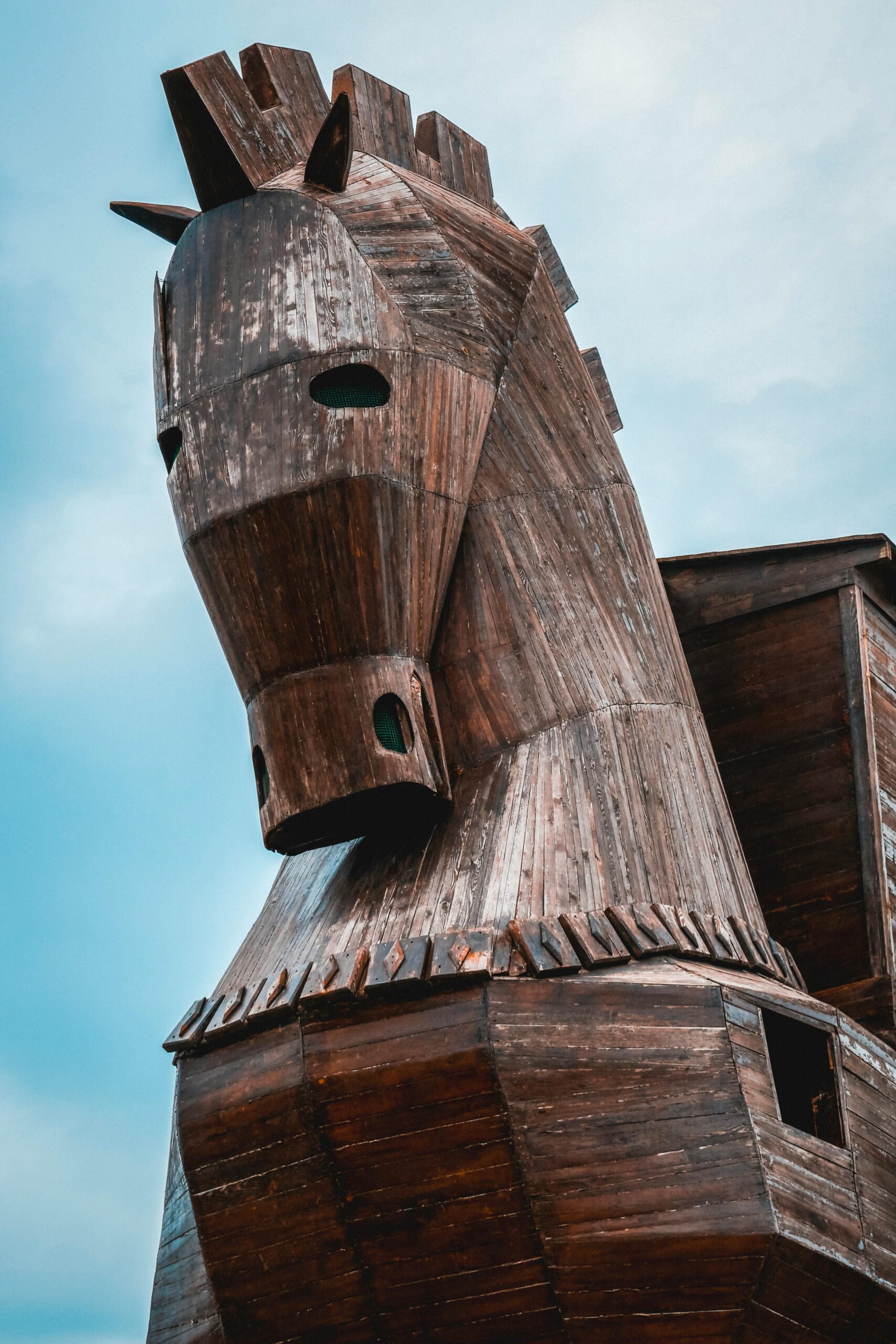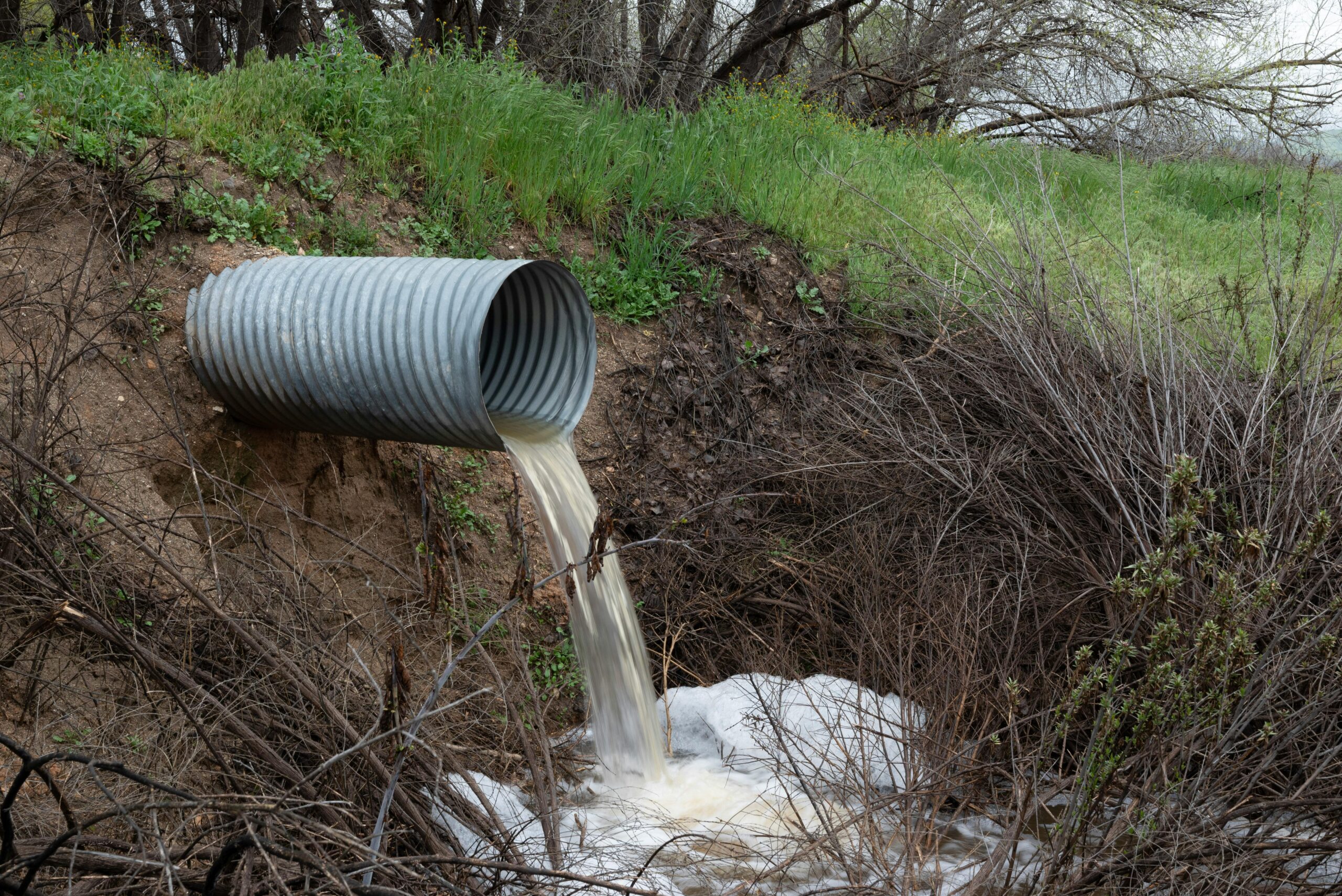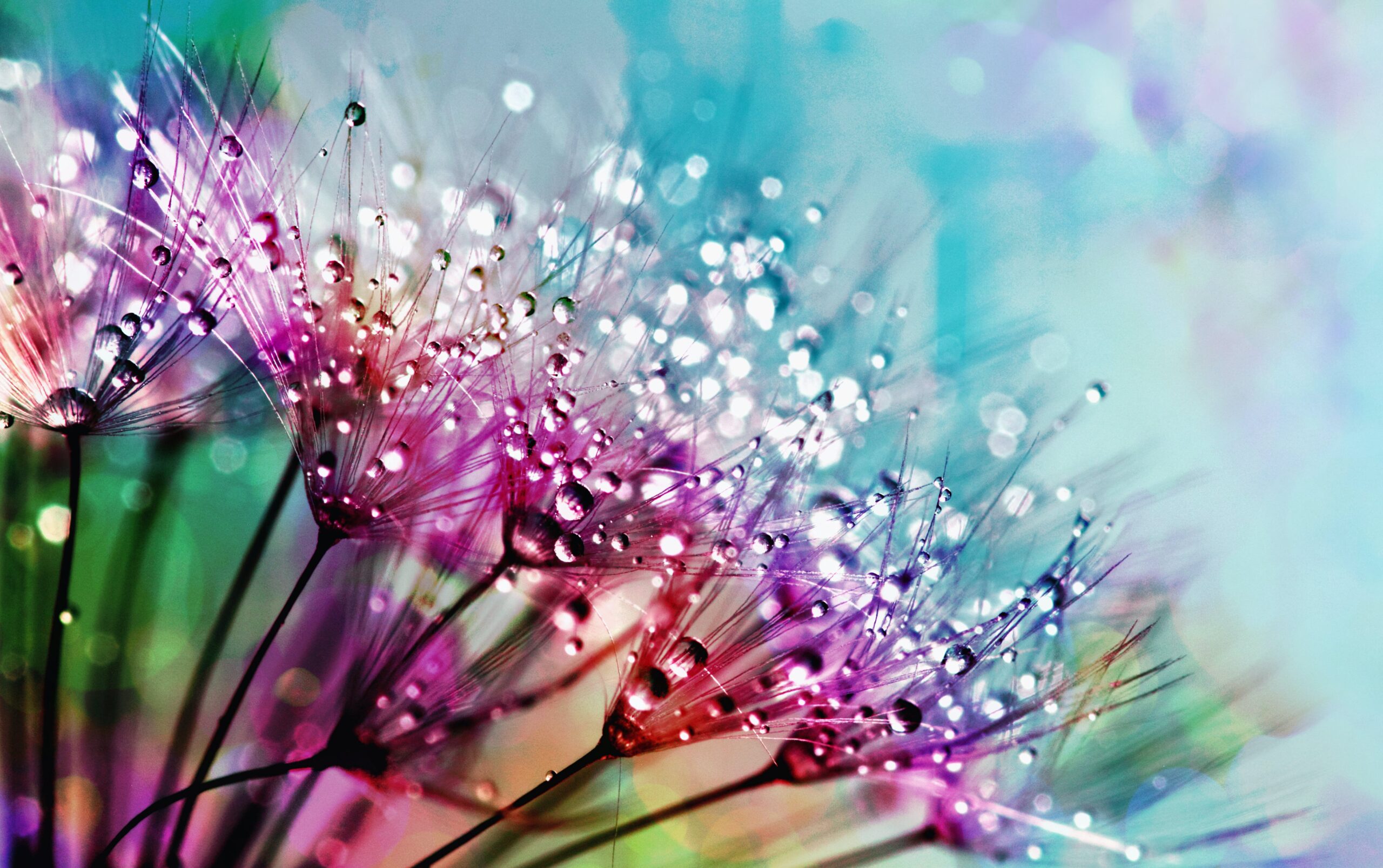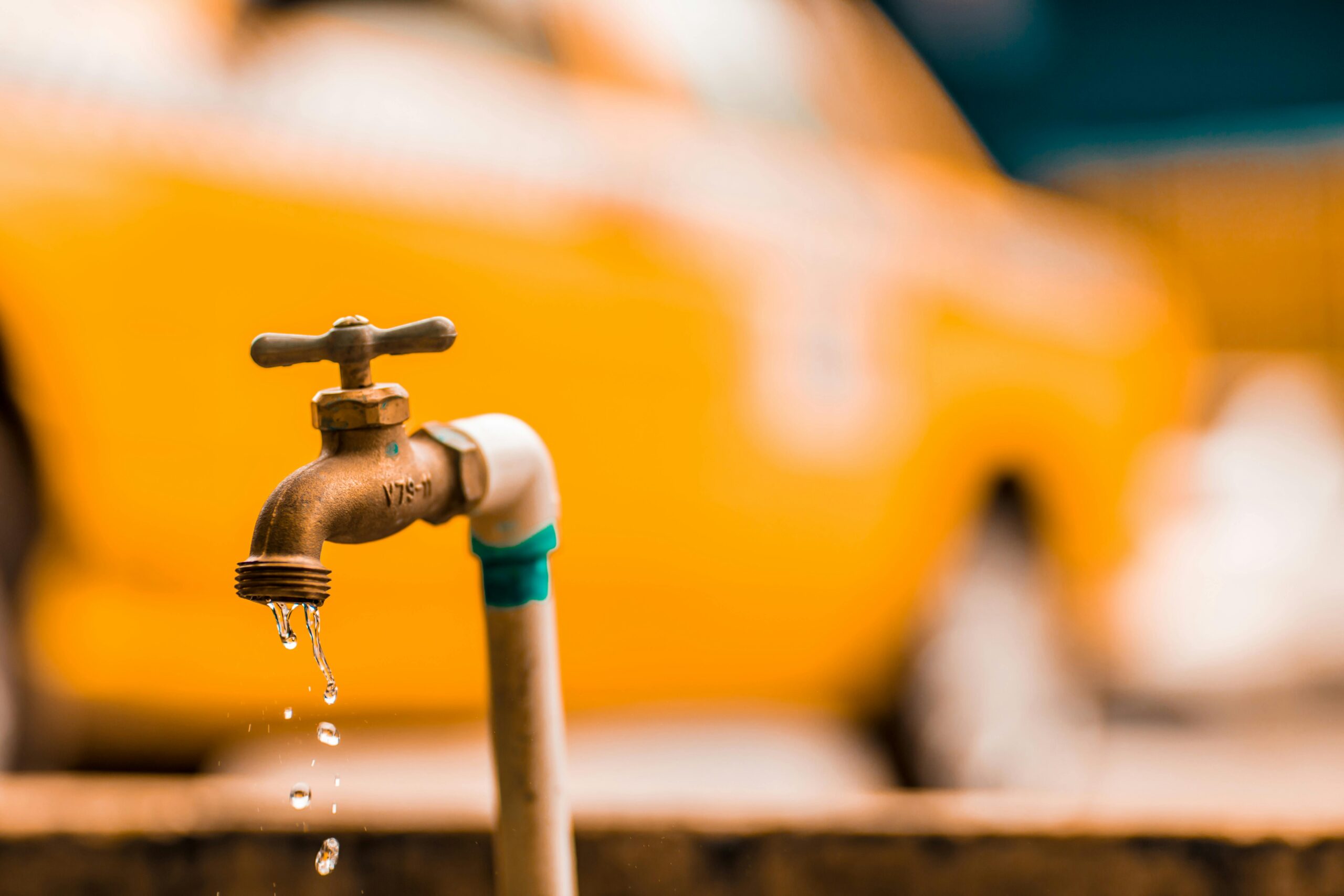As if Hawaii has not suffered enough, now the water in a pond in Maui has turned pink. Some are reacting like the citizens in a movie town when an alien ship has landed in a field. Many are gathering around and sharing their own opinions and enjoying the event as folklore, and just enjoying a new, unexpected and entertaining event. As you might expect the scientific community is on the scene performing analysis and individual scientists are looking to make a name for themselves as the hero who figures it out, who solves the problem, and then saves humanity. So far, the most popular explanations for this pink phenomenon center around drought, which of course leads the conversation into a fortification of the effects of climate change. I can visualize Greta Thunberg using this as another “how dare you” moment.
A Global Water Problem
I have written about this before and imagine I will do so many more times as my water journey continues. It should be concerning to all of us that there is always an automatic knee jerk reaction during water crises that over and over gives rise to the puffery of individuals racing, scratching, and fighting to gain recognition as “the” water guru who will finally solve our water problems. Unfortunately, more often than not, these people serve only to cloud the issue and place their personal agenda above the actual process required to sove the problem. I call these imbeciles water grabbers. Also unfortunate is the reality that these people typically have professional titles/degrees or elected/appointed positions that give them immediate credibility with the public even though they have no direct, previous experience solving water problems.
A Maui Problem
In the case of Maui, the water grabbers in question are employed by the University of Hawaii. These folks have documented what we already know to be true; the halo-bacteria believed to be causing the pink water color thrive in salty waters. So then, the current drought, which evaporates water, but leaves the minerals in the water behind, increases the mineral concentration (saltiness), and thereby allowing the bacteria to thrive.
Here is the issue I have with this reasoning. Currently, the salt concentration is reportedly 7000 parts per thousand, which is roughly double the salt concentration of seawater. So, we must ask, what was the salt concentration before the drought? Are you following along with me? How much water has the lake lost? For instance, if drought has taken 50% of the water, that means under normal conditions, the lake has the same exact salt concentration as the ocean. So the logical question arises; the pond was salty to begin with, so why is this a problem now? Furthermore, if the drought has only lowered the pond 25% that means it had more salt than the ocean to begin with.
One must ask the experts some important questions!
- Once again, if the pond has been salty all along, why hasn’t the pink color happened before?
- Are other Maui ponds exhibiting the same phenomenon?
- Has this condition been found in bodies of water in drought regions in other parts of the world?
- Has a chemical analysis been done to compare the make-up of other area bodies of water with the pink pond?
- What are the experts/officials doing to return this water to normal?
And of course, in keeping with my own suspicious nature when it comes to water problems, I would want to know who uses this pond? Are any industrial wastes allowed to be put into it? How is local drinking water and soil been impacted by this problem?
I openly admit, that when it comes to water, I am an intense man. I am a skeptic, a doubter, an instigator, a critic, and is it so happens, I am also a water scientist. Most importantly though, I am a passionate champion of clean water and I simply don’t believe most of the information given to the public about our water. Something is fishy with this Maui water.
For more information, check out my YouTube video on pink water.







